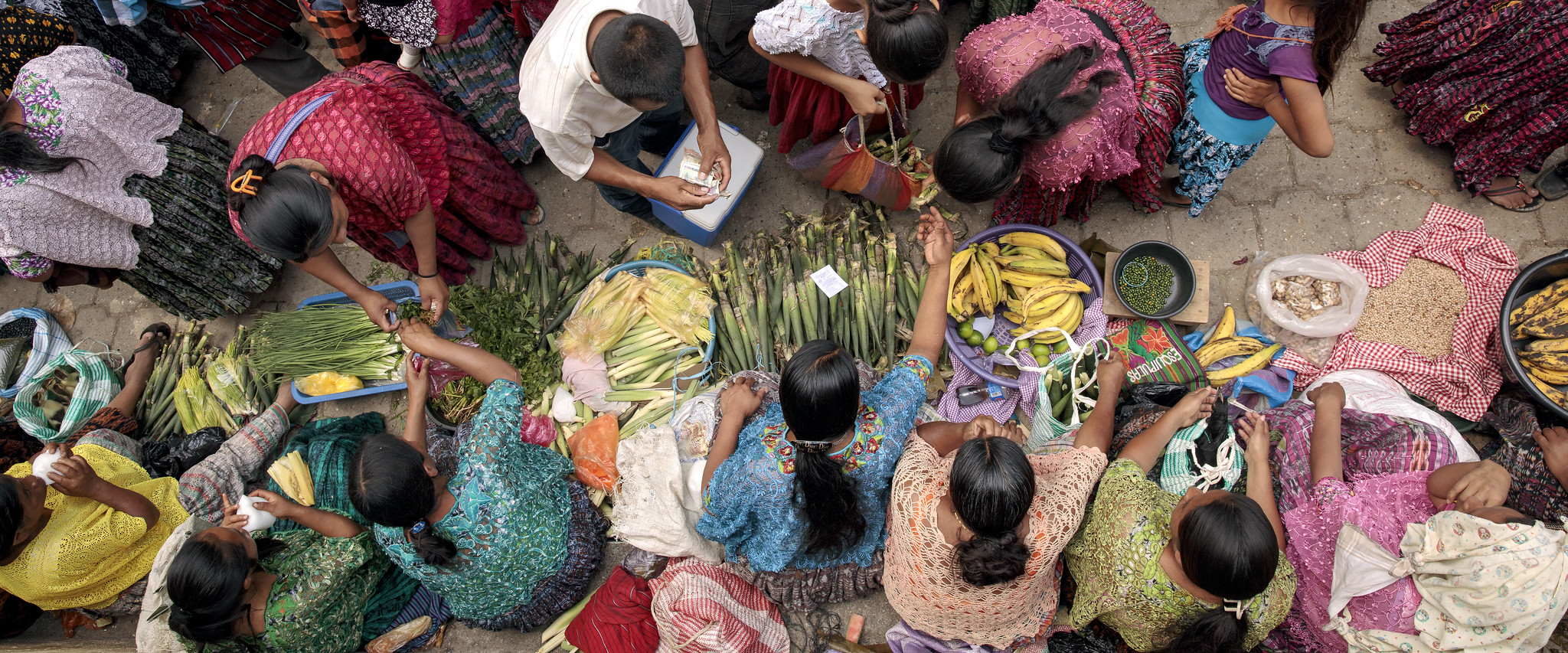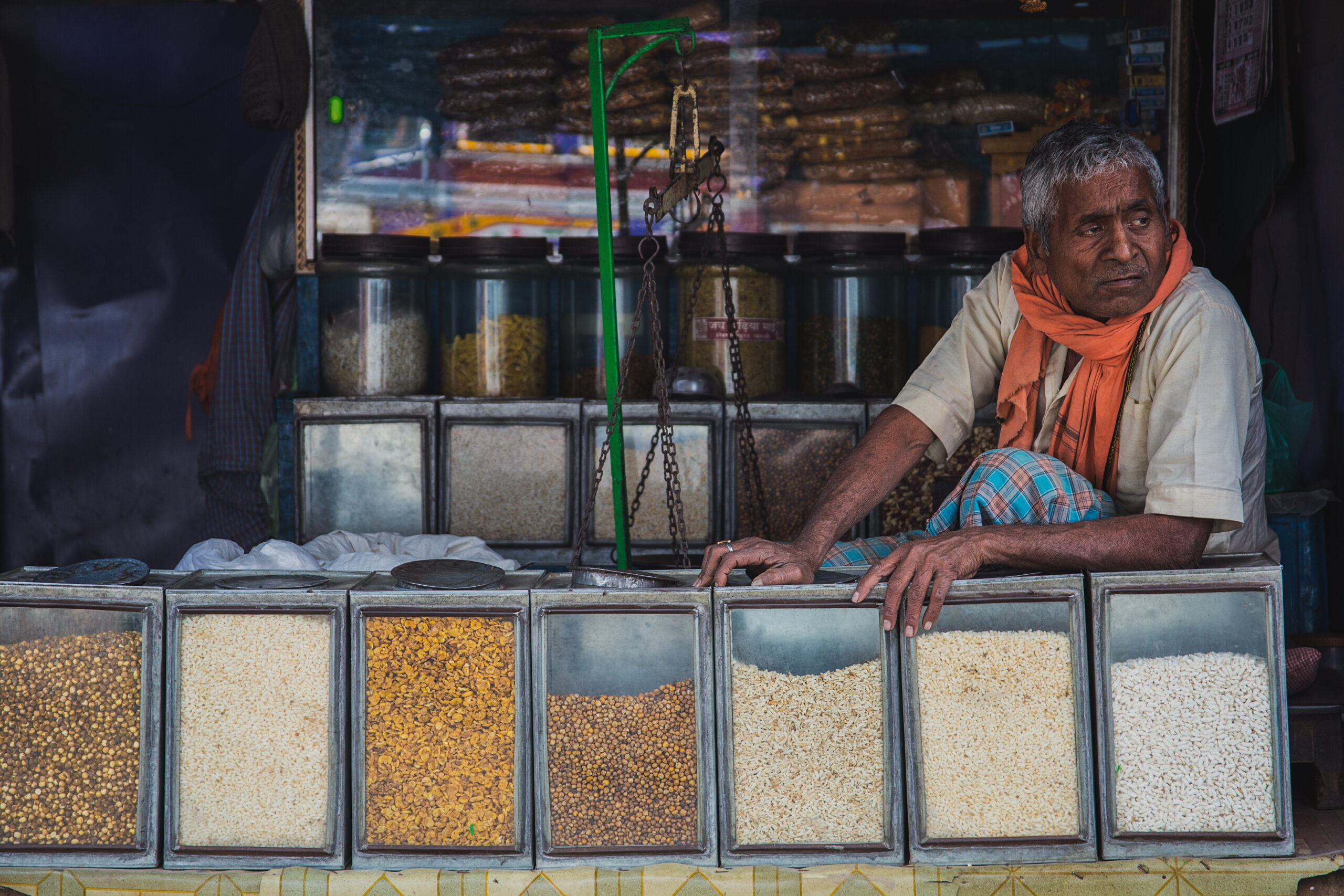The Food Systems Summit, convened by the UN Secretary General, finally took place on 23 September, when heads of state, civil society organisations, academics and businesses came together in a virtual event that put a formal closure to a long process. Yet, the Summit should be conceived of as a beginning rather than as an end point. And that is both its greatest success and weakness.
Momentum for food systems transformation
On the positive side, the Food Systems Summit has truly created momentum for food systems and mainstreamed a new way of approaching food and agriculture. If at some point in the past, we talked about nutrition, whilst disregarding the source of production, or about food products as any other commodity, we now see them as two sides of the same coin that we need to look at comprehensively. The Summit has contributed to popularise this systemic approach and place food systems at the heart of the 2030 Agenda.
Furthermore, it has been a valuable platform to bring people together from different sectors, and at local, national and international levels, to discuss and explore how to transform food systems. As a result, advanced strategies and recommendations have been generated from these simultaneous academic discussions, policy debates, and civil society fora. Even those who did not feel invited or were reluctant to get involved in the process have come together in parallel alternative dialogues to challenge the Summit and discuss how to move towards sustainable, inclusive and resilient food systems.
Many ideas and recommendations have been put forward, based on the clearly expressed recognition that there is no one-size-fits-all solution. Acknowledging and embracing complexity within food systems, as well as the wide diversity of contexts, is a great achievement. Independent dialogues, including the one convened by Canada’s International Development Research Centre (IDRC), the Australian Centre for International Agricultural Research (ACIAR) and the Institute of Development Studies (IDS), have played an important role in getting this point across.
So, as a result of the Summit, we have momentum, ideas and many people on board. Now it is time to set sail.
From commitment to action
At the moment, more than 80 countries have already submitted draft national pathways for food systems transformation, which outline clear visions of what governments, together with different stakeholders, expect of food systems by 2030. Many more have issued or stated specific commitments for the years to come. How these pathways or commitments will be brought into practice remains to be seen. Countries’ willingness and capacity to truly assimilate the systemic approach to food systems, keep relying on broad dialogues and adapt strategies and interventions to local contexts will determine whether the Food Systems Summit ship reaches port or is left adrift.
Hopefully, it will not take long to see how the Food Systems Summit translates into concrete policies and actions in the countries, as we are under considerable time pressure if we are to achieve, or at least make progress towards the 2030 Agenda. More so since the start of the pandemic, which has highlighted the fragility of the last few decades’ progress and created numerous immediate needs that we need to attend to. The response to these pressing needs is, however, a good opportunity to take the first steps towards the transformation of food systems.
We know where to begin. The impact of the pandemic has not been the same for everyone. As livelihoods are threatened, food insecurity and poverty have risen among the most vulnerable groups – including women, informal workers and rural populations. We need to start by protecting these groups and do so as a key component of a broader build-back-better strategy to transform food systems so that these systems are able to provide food for all in a sustainable and socially fair manner.
Great challenges lie ahead of us and, in this context, the Food Systems Summit has gathered and provided valuable inputs. At a moment in which multilateralism is weakening and global agreements are increasingly more difficult to achieve, the Summit has also shown another way to collaborate globally, making it possible to draw ideas from each corner of the world to then put them at the service of local decision-making.
Whilst there has been some progress over the last 18 months, there is no doubt that much more is needed in the coming years.
Miguel Albacete is one of the authors of the CORE Research for Policy and Practice Report on ‘The Impact of Covid-19 on Livelihoods and Food Security’, which was discussed at the independent dialogue on ‘Building resilient and sustainable food systems: How can emerging lessons from communities affected by Covid-19 shape the way forward?’ jointly convened by IDRC, ACIAR and IDS in July.


